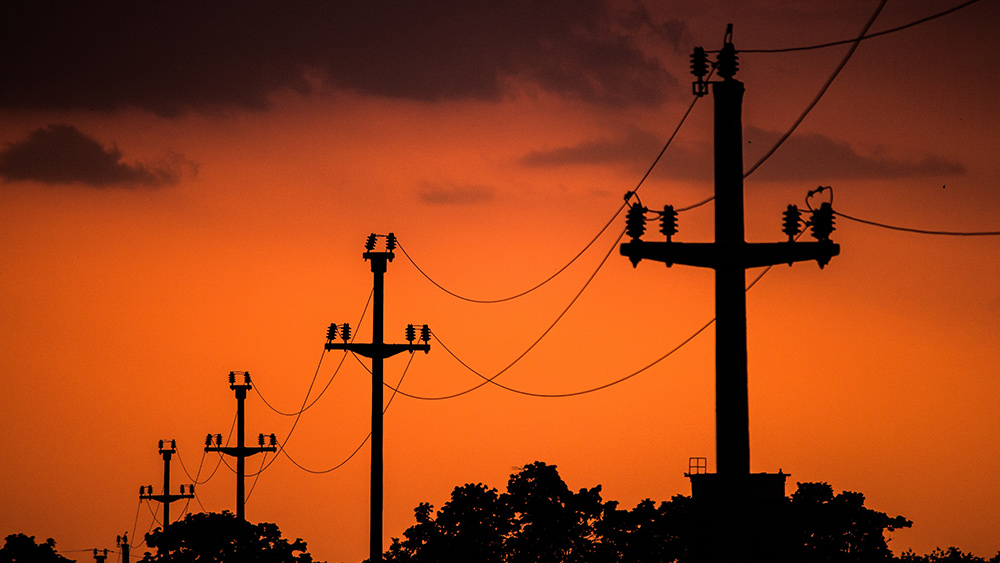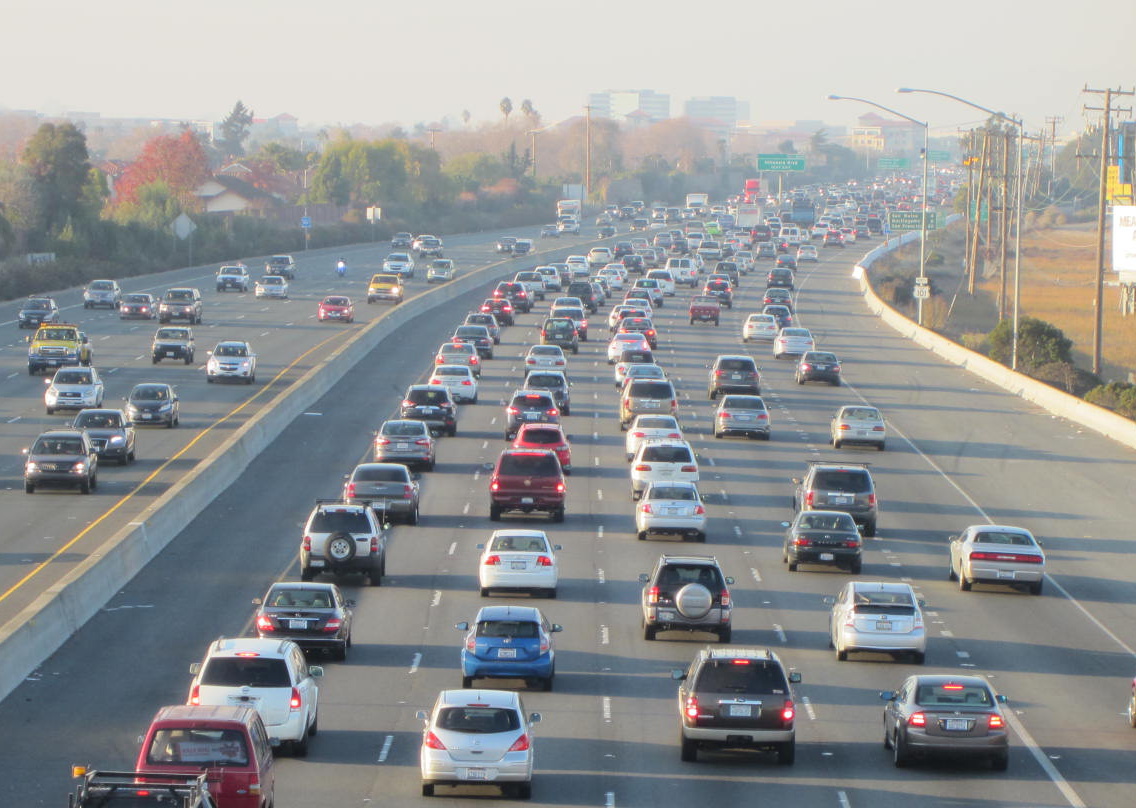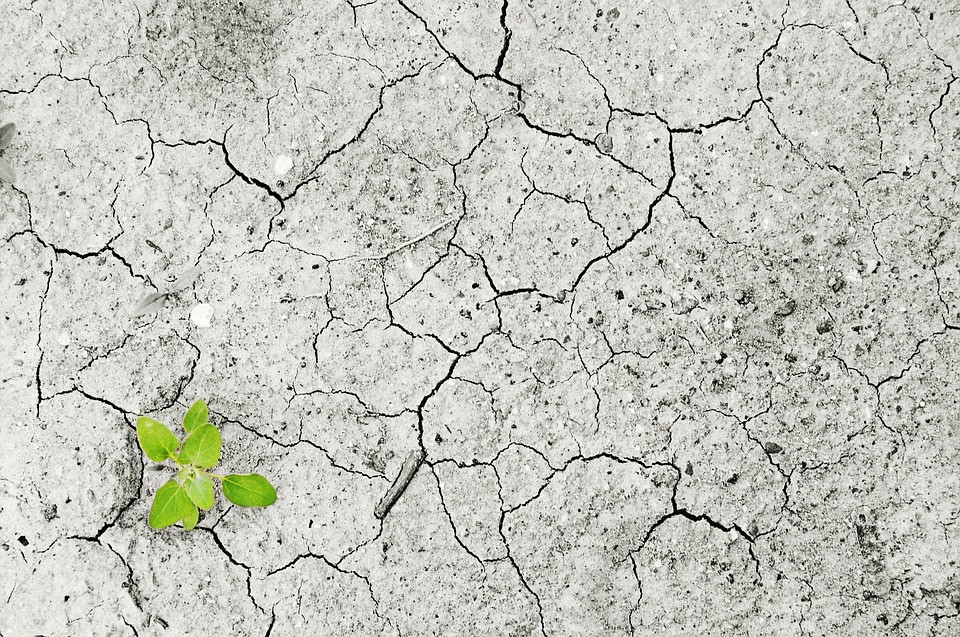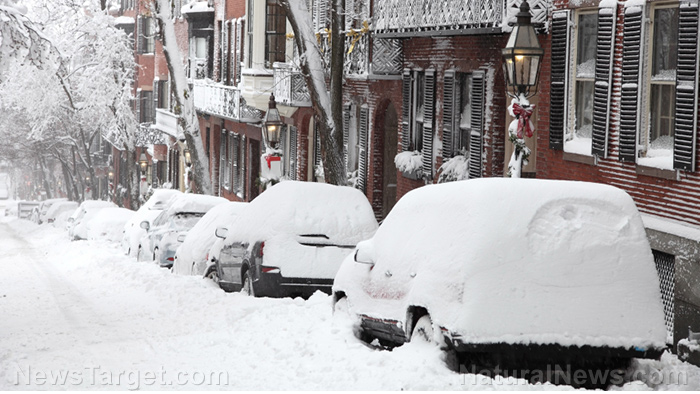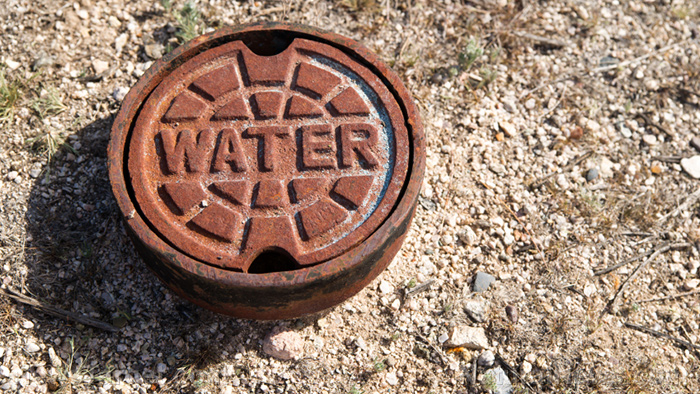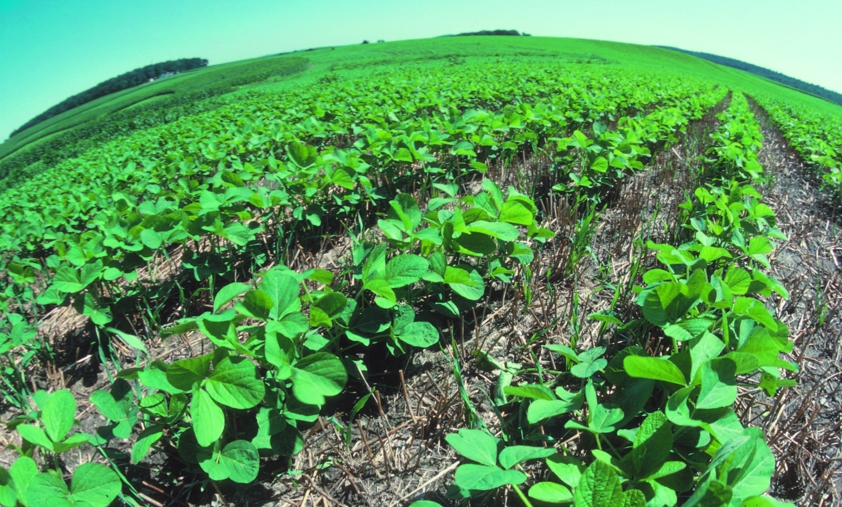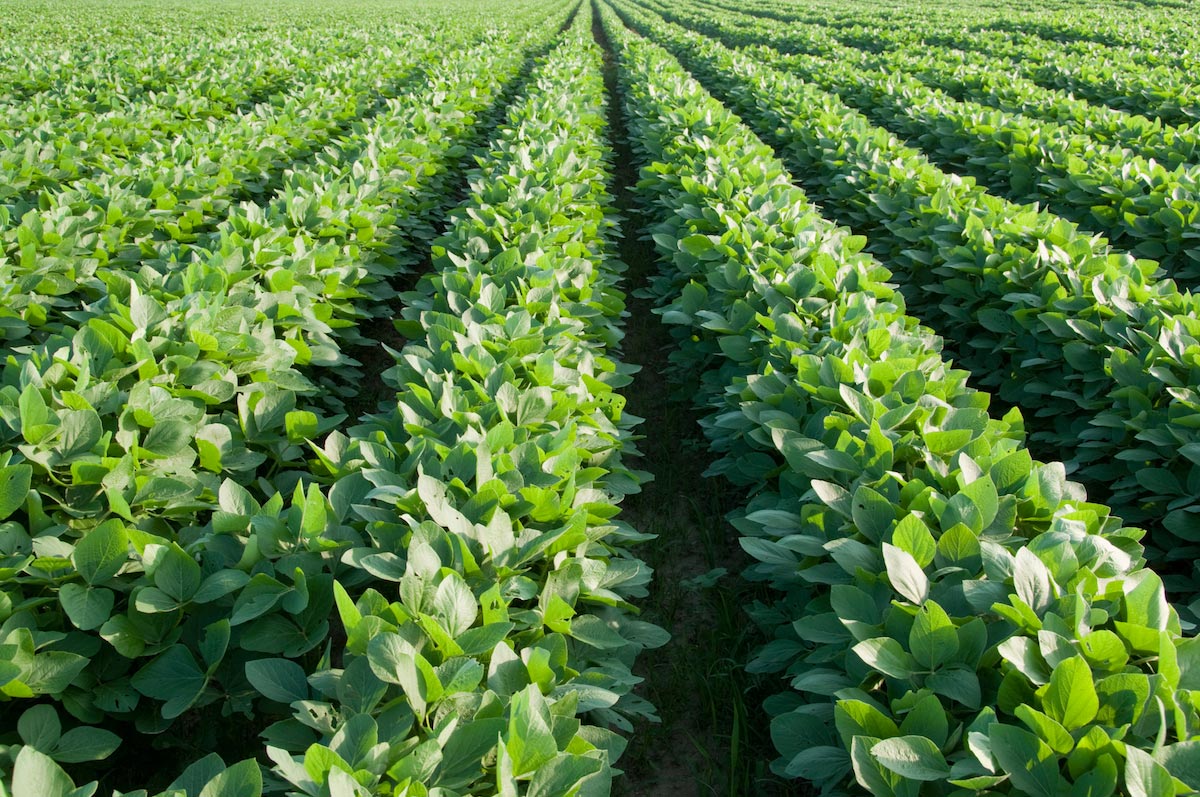Government, media blame climate change for skyrocketing vegetable prices
12/14/2022 / By Ethan Huff

The United States Bureau of Labor Statistics (BLS) says vegetables are 38 percent more costly for Americans this year compared to last. The cause? Global warming, according to media and government sources.
Wall Street corruption and private central banking apparently have nothing to do with America’s spiral economic situation. No, the true cause is an ever-changing climate, which can only be fixed if people stop eating meat and driving gas-powered vehicles.
Bloomberg reported that produce inflation continues to skyrocket because of “drought and storms” that are destroying crops. States like Arizona and California have seen little rain, we are told, while other crop-producing states have gotten flooded.
“There’s just not enough water to grow everything that we normally grow,” said Don Cameron, president of the California State Board of Food and Agriculture.
According to the BLS data, Americans paid 38.1 percent more for fresh and dry vegetables in November than in the month prior. (Related: In October, produce prices were already up more than 40 percent just since the start of the year.)
“Prices for chicken eggs; meats; canned, cooked, smoked, or prepared poultry; and tobacco products also moved higher,” the agency said. “Conversely, the gasoline index fell 6.0 percent. Prices for diesel fuel, residential natural gas, and primary basic organic chemicals also declined.”
California, currently in a drought, produces most of the country’s fruits, nuts and leafy greens
Two states where much of the country’s fresh produce is growing, California and Arizona, are among a slew of western states that have received less-than-normal rainfall in recent years, exacerbating the problem.

California produces 30 percent of the country’s tomatoes, 75 percent of its fruits and nuts, and 90 percent of its lettuce and other leafy greens. If water runs out there, the entire country suffers from food shortages.
This, we are told, is driving the inflation problem, along with similar drought conditions in Arizona – and it is all because of global warming, the “experts” insist.
“The Golden State has seen the driest January-to-March period in at least a century, as well as record amounts of rainfall in October — a so-called ‘whiplash’ weather effect that is set to become more common as the planet heats up,” one media report claims.
“A lack of rain and snow in central California and restricted water supplies from the Colorado River in the southernmost part of the state has withered summer crops like tomatoes and onions and potentially leafy greens grown in the winter.”
Starting in 2023, two states, one of them being Arizona, will have its water supplies from the Colorado River cut, which will only make the growing problem worse.
“It is unacceptable for Arizona to continue to carry a disproportionate burden of reductions for the benefit of others who have not contributed,” complained Ted Cooke, general manager of the Central Arizona Project, in a statement about how damaging these water cuts will be.
Meanwhile, Saudi Arabian corporations are buying up land in America’s Southwest and using it to create feed and dairy not for the U.S. but for the Middle East. And the Saudis are using that same Colorado River water that many American farmers in Arizona will no longer have access to come 2023.
“Drought? There are droughts every single year,” pointed out a commenter about how the drought and global warming excuse simply does not explain the current inflationary crisis.
“The U.S. and its representatives have sold out to foreign countries,” suggested another about how Congress critters and their finance puppet masters are truly to blame. “Personal profits before allegiance to the U.S. – land, houses, commercial sites, etc.”
The latest news about runaway inflation can be found at Inflation.news.
Sources for this article include:
Submit a correction >>
Tagged Under:
big government, Climate, Collapse, crops, Drought, environment, food, food collapse, food supply, harvest, hunger, inflation, mainstream media, news cartels, prices, propaganda, starvation, vegetables, weather terrorism, world agriculture
This article may contain statements that reflect the opinion of the author

